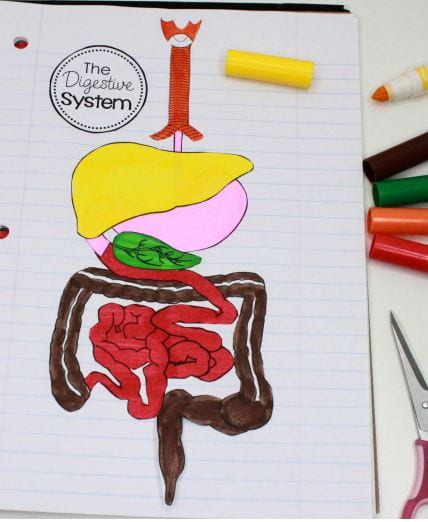When it comes to multiplication facts, I’ve often heard…you just need to memorize them.
Over the years, I’ve had students who knew their facts backwards and forwards, and others who just couldn’t remember them. It has always been my goal to find ways to help my students learn their facts. Should I be giving time to just practice and memorize in class? Should I teach them different tricks for each set of numbers? Is there another way I don’t know about?
In May 2019 I attended the OAME (Ontario Association for Mathematics Education) Conference here in Ottawa, and focused my sessions around building better fluency. One session I attended, led by Melissa Peddie, Chrissy Chabot, and Laurie Clayton, said that true fluency happens when three things are present: Efficiency, Accuracy, and Flexibility.
Repeated addition, or skip counting, is a great strategy to use when we are first learning multiplication, but these presenters believed that come grade 4, students should no longer be using skip counting as a strategy. We really want students to think about what they are doing, and how numbers relate to each other. “Add a zero” when multiplying by ten is a common trick students are taught. Let’s look at an example and put it through the fluency test.
12.2 x 10
If students were thinking of the trick they had been taught, they would simply add a zero to the end for a solution of 12.20
Hopefully, all my grade 5 students can tell you that 1) 12.2 and 12.20 are equivalent decimals and 2) this is not how you multiply a decimal by 10. Therefore, was the strategy efficient? Yes, I got an answer pretty quickly. Was it accurate? No, I did not get the correct answer. And was it flexible? It wasn’t, because the strategy only works for whole numbers.
Pam Harris, from mathisfigureoutable.com shares the opinion that multiplication facts should be thought about, rather than memorized. I recently attended one of her Facebook Live webinars (I highly recommend watching this recorded version, it’s about an hour long), and she reiterated the importance of having students come up with strategies of their own, breaking problems into more manageable pieces, in order to come to a solution. She offers some great ways you can start helping your child learn their facts at home, by talking about doubles and halves.
In class, students will be spending 10 minutes, three times per week, working on their math facts through Strategy Kits, inspired by the session I attended at the OAME Conference. In these kits, students will make strategy cards for each of the facts they’re working on, play games, and practice with one another until they master their facts.
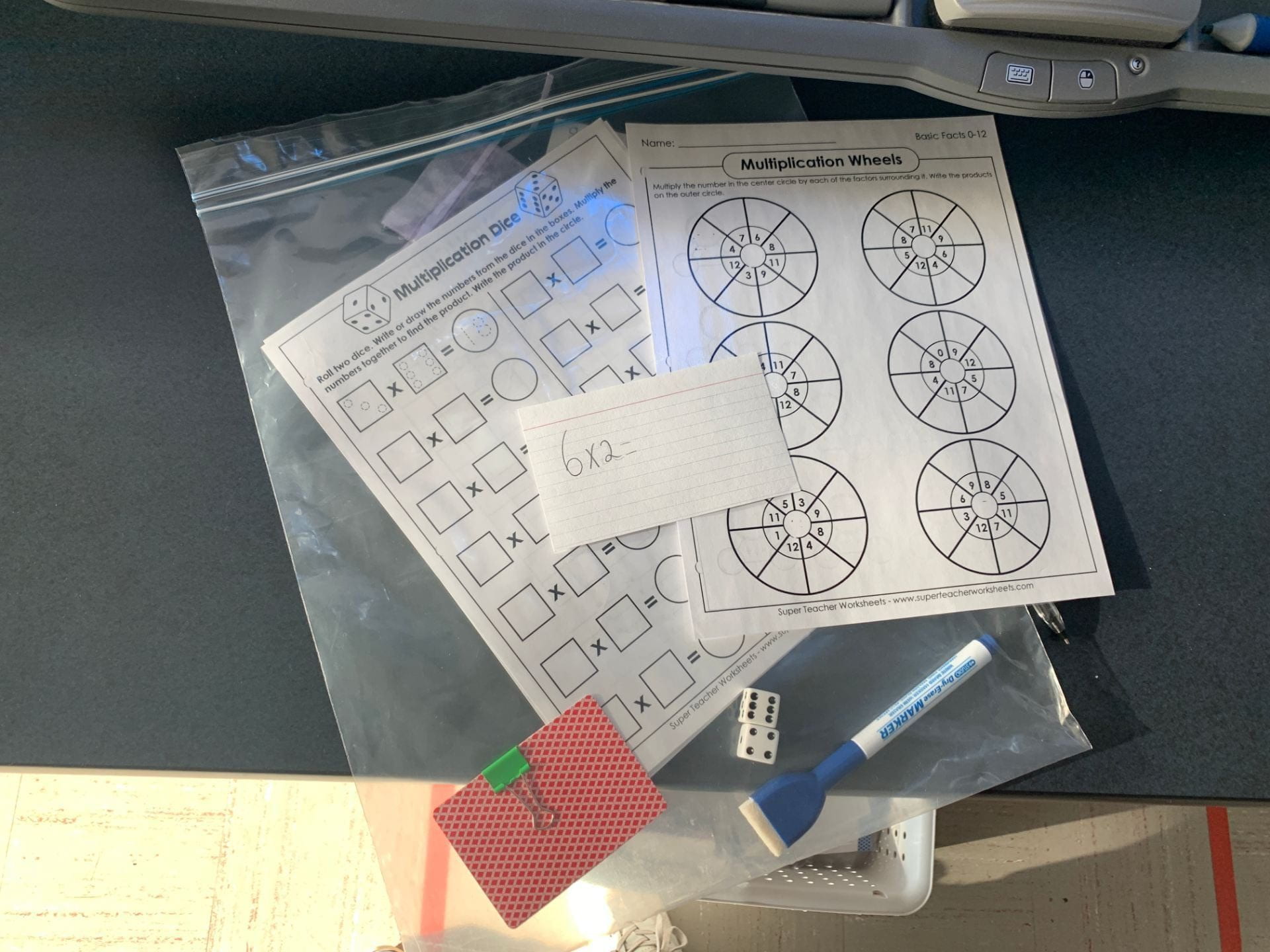
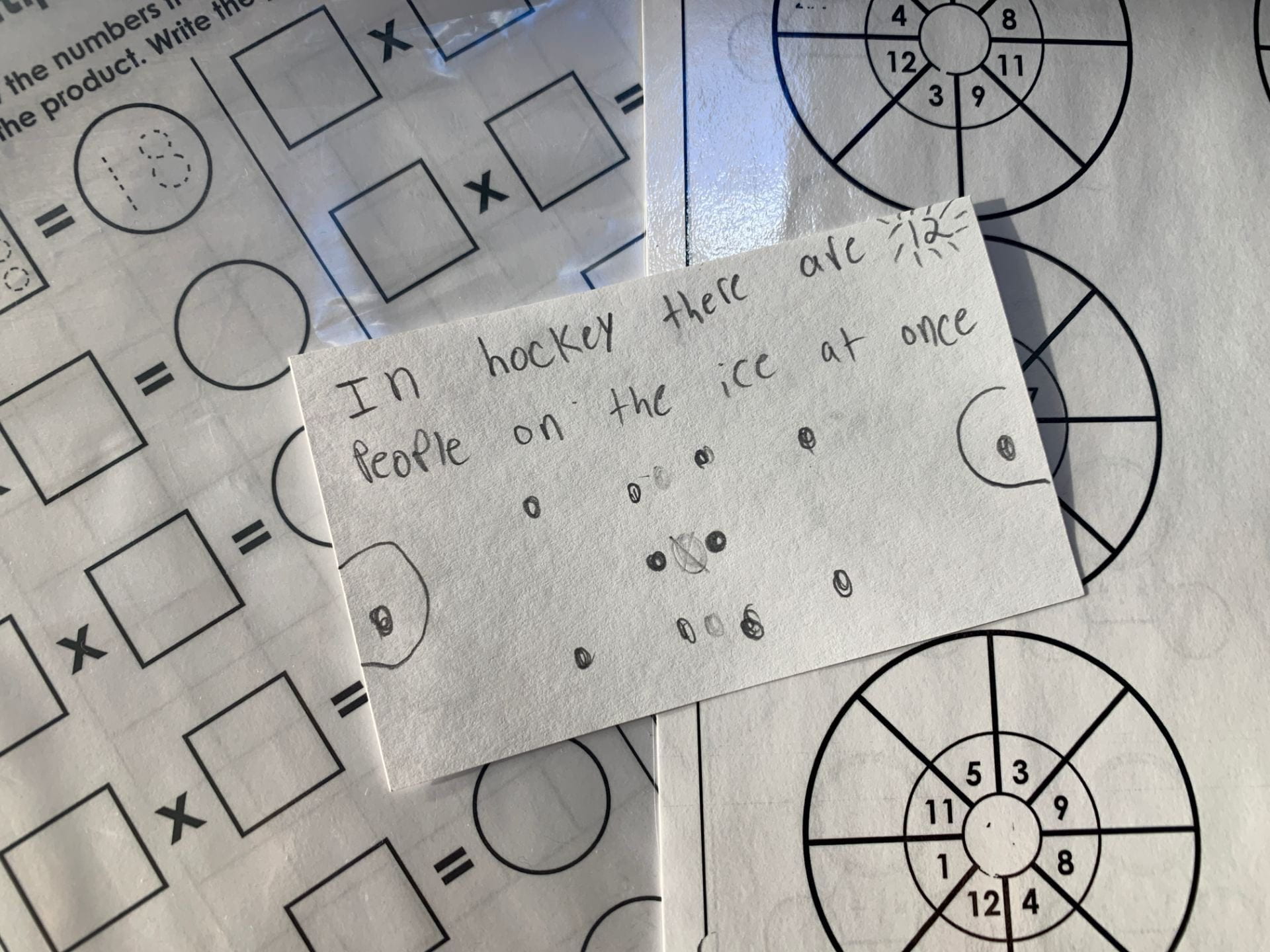
Some of you may still be on the fence with this and want some good ol’ strategies to help your child learn their facts.
Here are some strategies from a book I got at the Scholastic Book Fair last year, Math Hacks by Vanessa Vakharia (if you follow the link, there are some suggestions for online sites and games for practice)
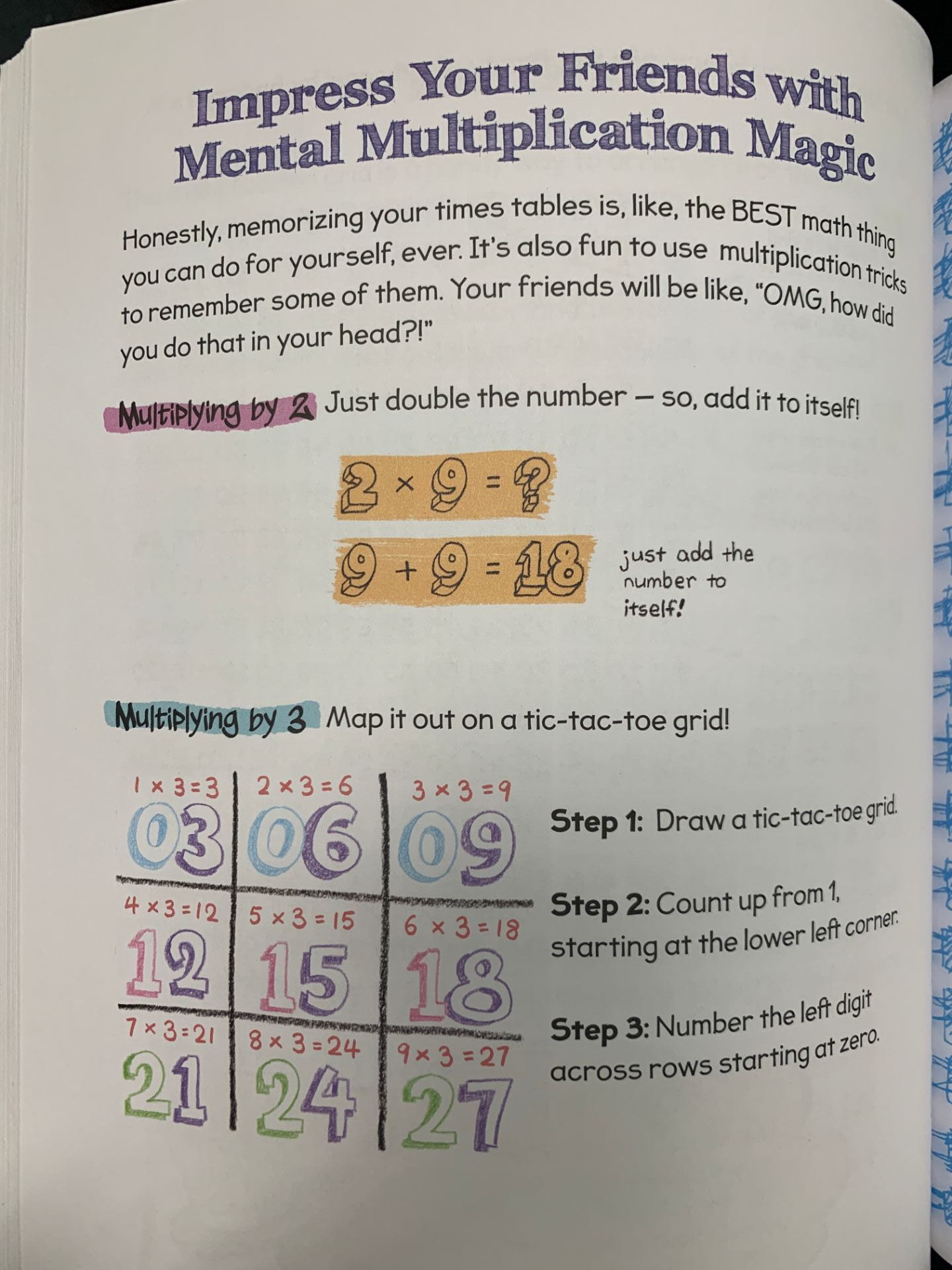
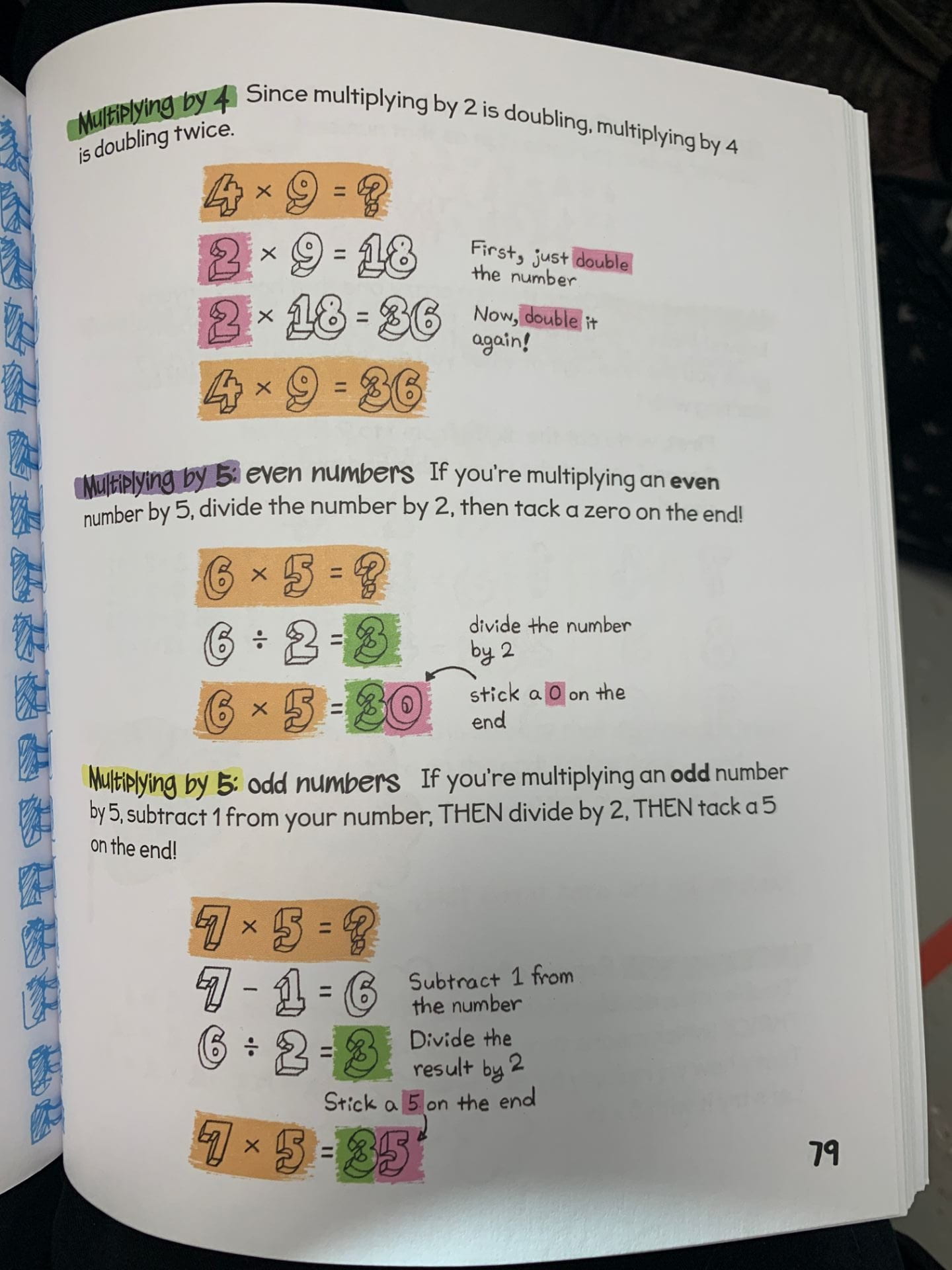
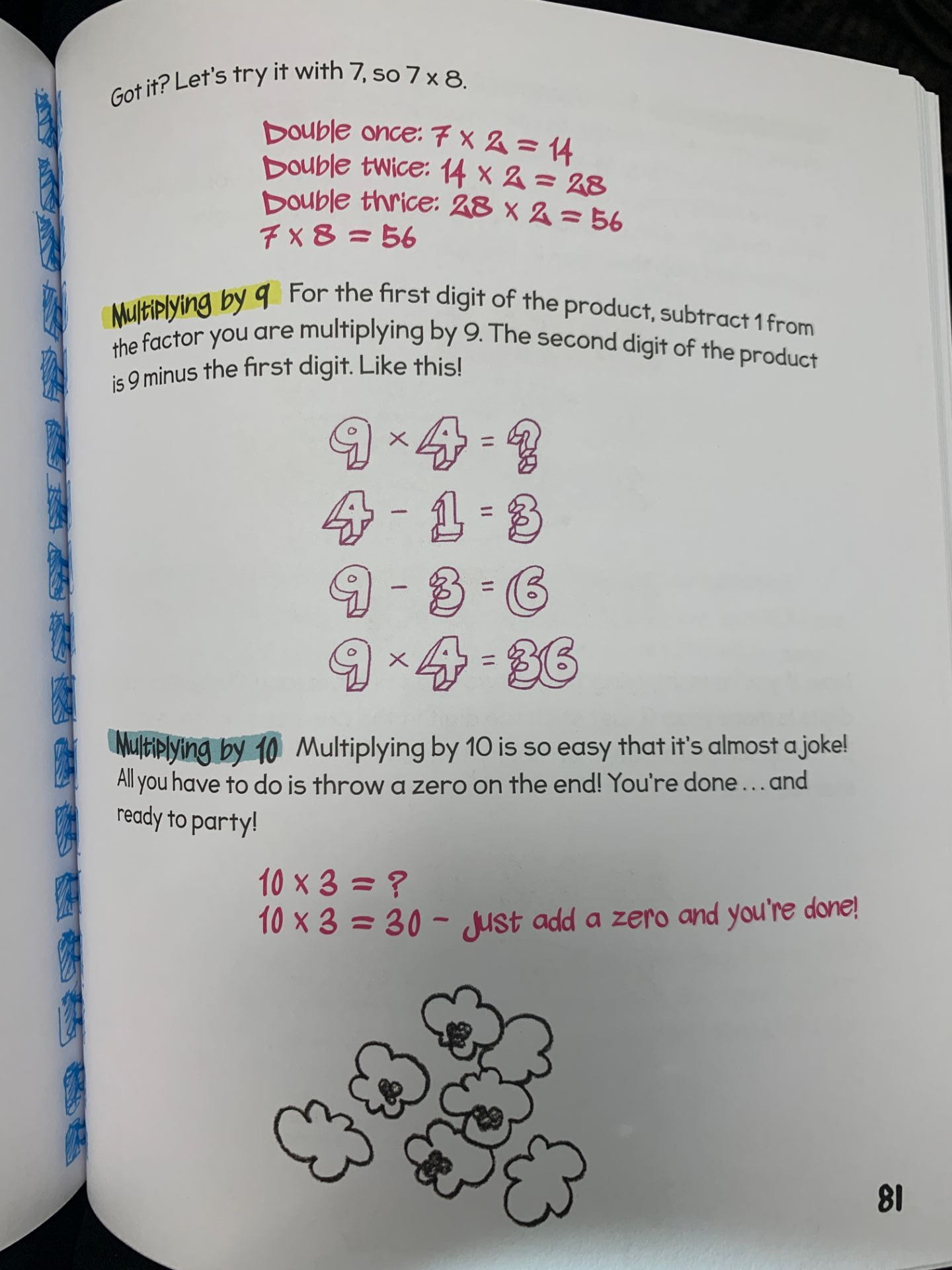
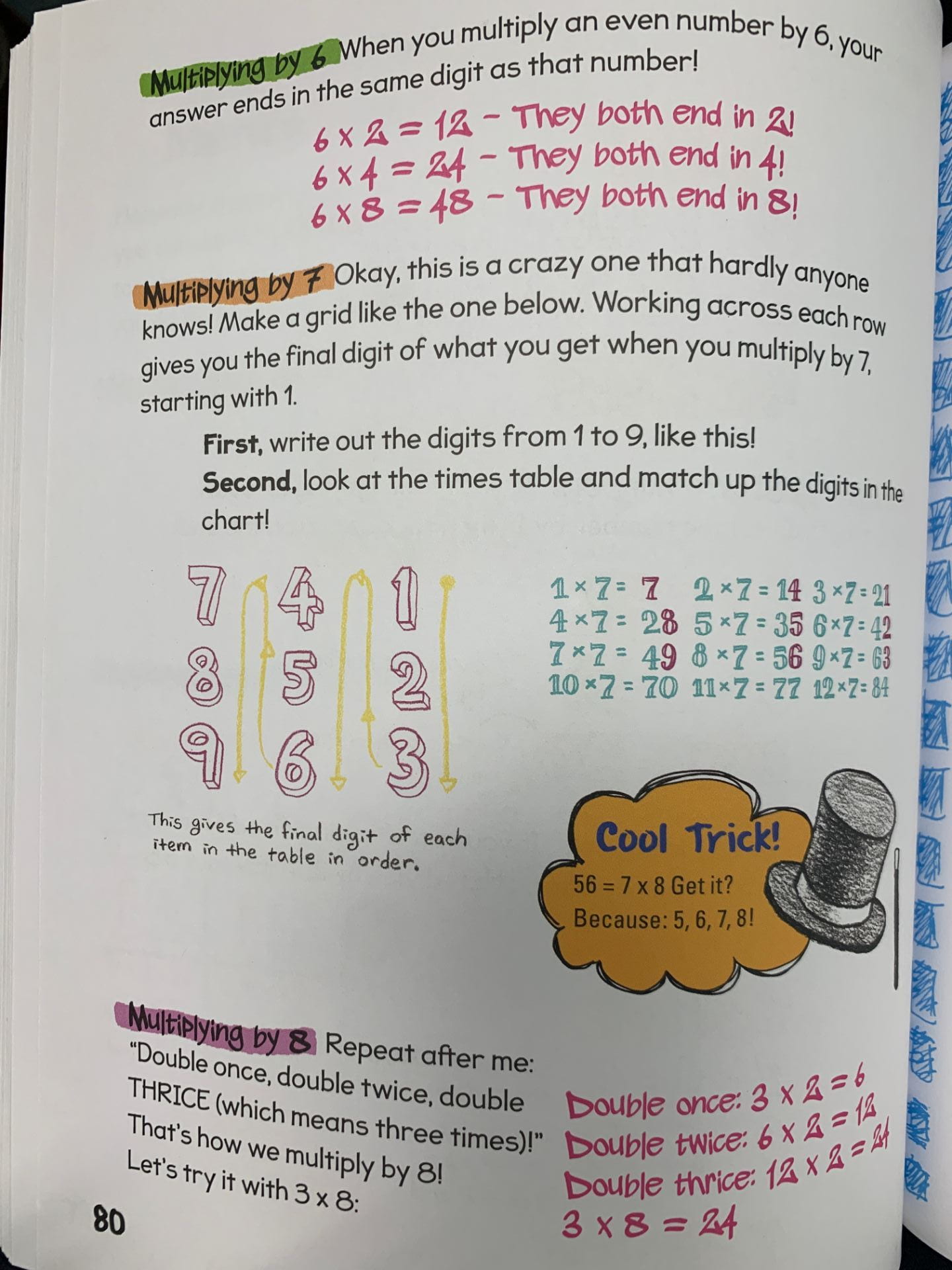
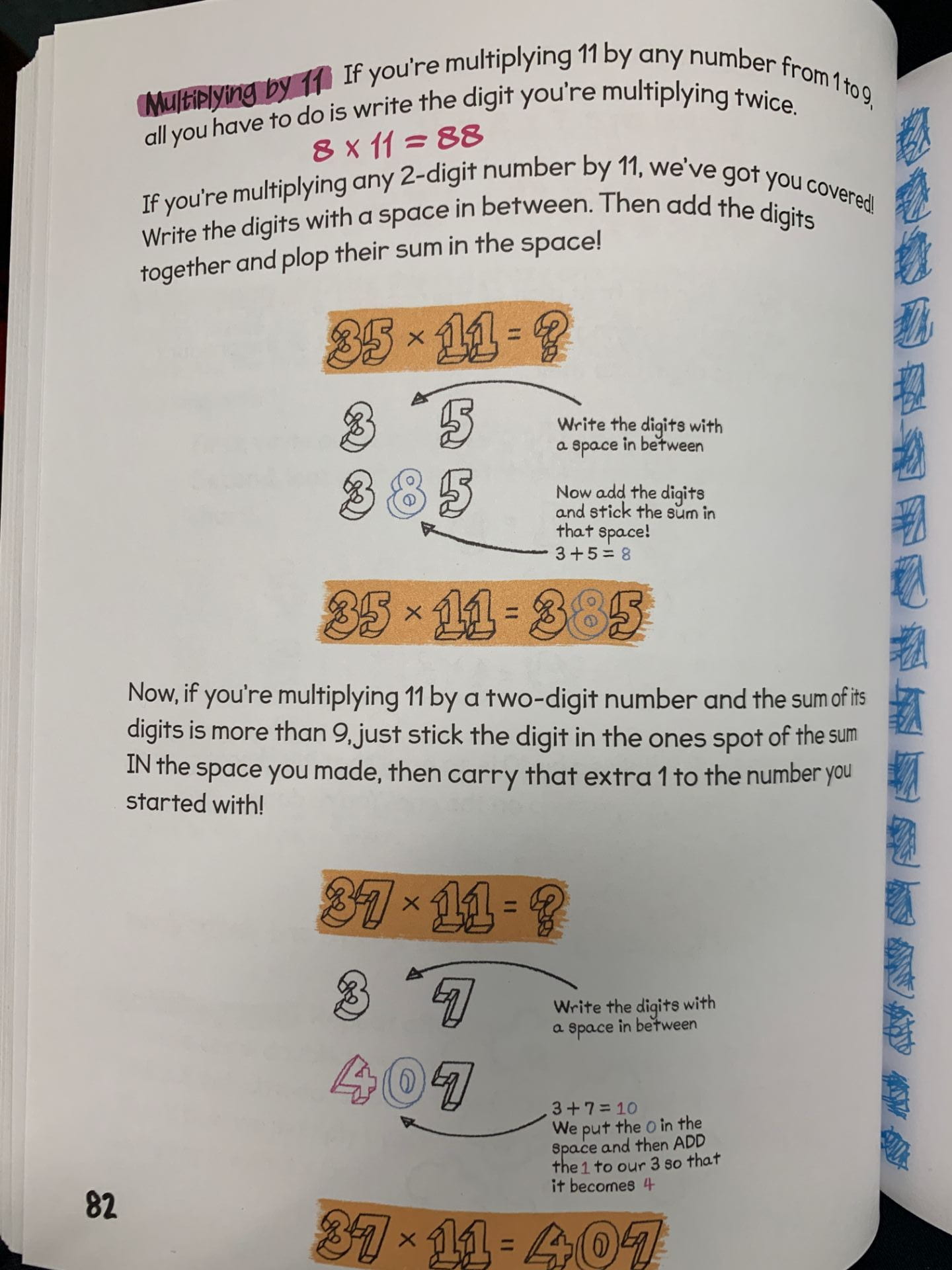
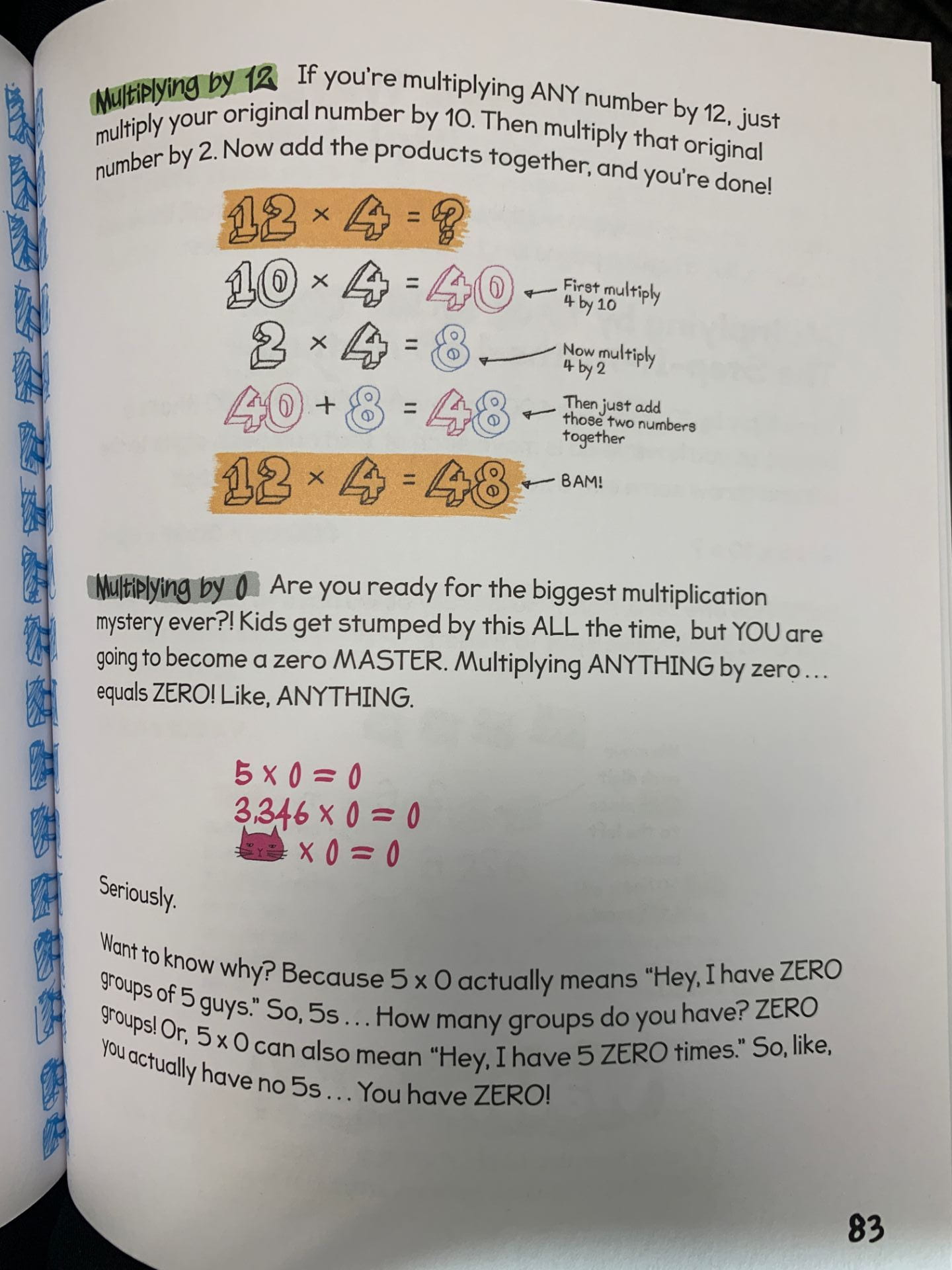
I also wrote a post about strategies here and here, with links to some online practice sites.
I’d love to hear your thoughts on this. Keep talking math at home 🙂
